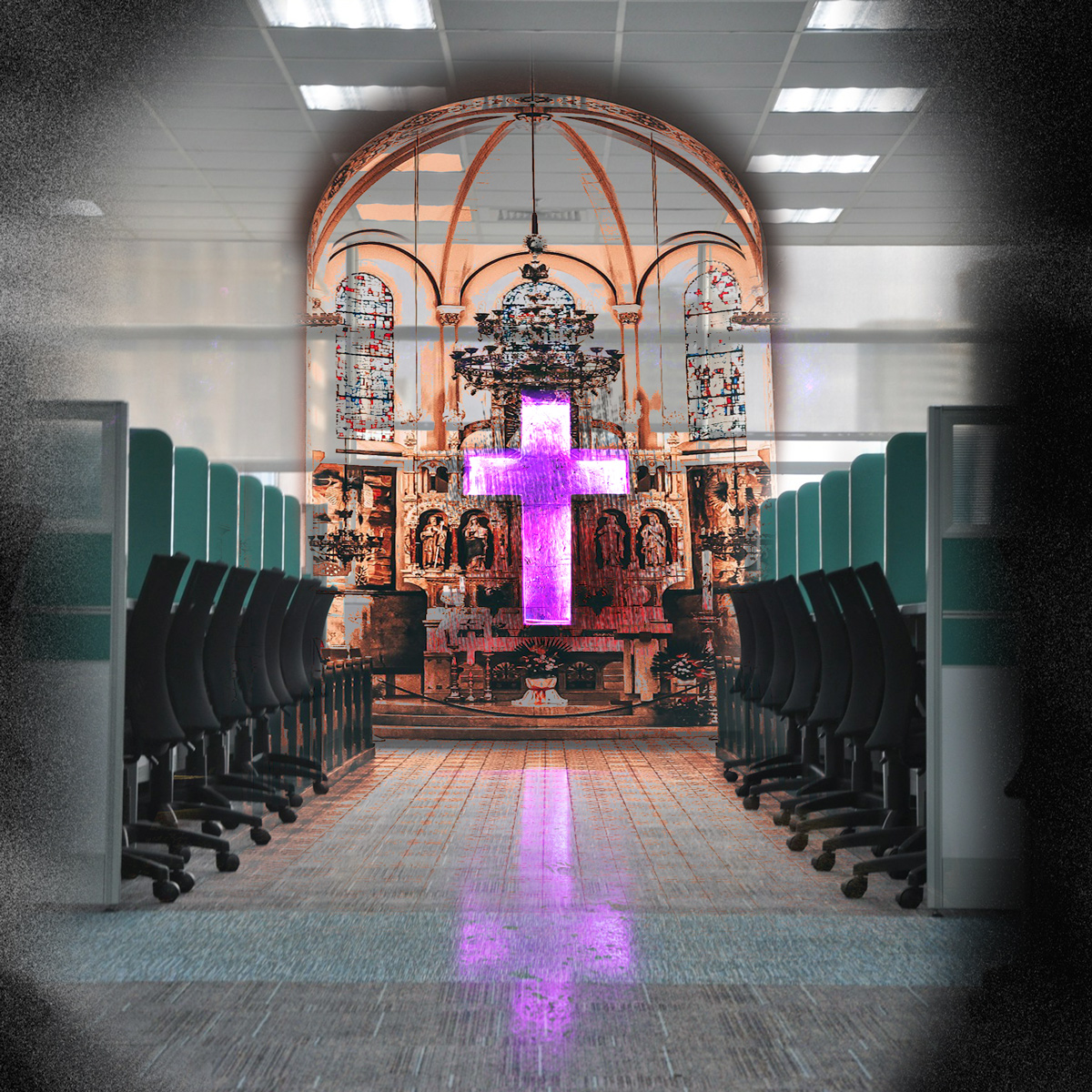Episode Summary
Ryan McAnnally-Linz is joined by Elizabeth Bruenig (New York Times) to discuss the theological, moral, and political implications of the death penalty, best summed in her bracing piece released days after the execution of Alfred Bourgeois, which she witnessed in person.
"Once a person has done evil, they have destroyed a significant part of themselves. They have made that turn towards non-being, non-existence, chaos, disorder, and loss. And so when you execute a person who has already done that kind of moral damage to themselves, not to mention all the damage they've done to other people, but at that point, the only thing remaining in them is the good, which is that this is a human being, alive and made in the image of the living God. And so at that point, that's all they have. And you're destroying it."
Ryan McAnnally-Linz is joined by Elizabeth Bruenig (New York Times) to discuss the theological, moral, and political implications of the death penalty, best summed in her bracing piece released days after the execution of Alfred Bourgeois, which she witnessed in person.
Show Notes
- Evan Rosa, Holy Saturday Reflection
- Elizabeth Bruenig, "The Man I Saw Them Kill”—Liz Bruenig witnesses the execution of Alfred Bourgeois
- Mark Oppenheimer, "A Death Row Inmate Finds Common Ground With Theologians”—Jurgen Moltmann’s relationship with death row inmate Kelly Gissendaner
- Elizabeth Bruenig, "The Government Has Not Explained How These 13 People Were Selected to Die”—Liz Bruenig: "The federal death penalty cannot be fixed. It’s time to end it."
- Elizabeth Bruenig, "Witness to an Execution: A Chilling Account”—Readers react to Elizabeth Bruenig’s essay about the recent federal execution of Alfred Bourgeois.
- "Execution as theater”
- What does the death penalty do to us?
- Hoping for the destruction of another person
- “I think anytime you’re sitting around hoping someone is destroyed, that’s a morally compromising position to be in. It’s certainly the case that people can commit crimes that make me feel like they should be themselves wiped off the face of the earth and eliminated from the cosmos, but I know that those impulses are not the best in me.”
- The impulse to destroy
- Rationality, irrationality, and the extremity of the death penalty
- Moral loss and moral injury
- The question of accidentally executing innocent people versus the impulse to destroy
- Deserted island
- Intense revulsion at evil
- The VVitch (The Witch, 2015)
- St. Augustine on the death penalty. Hate the sin, love the nature.
- "Nothing was restored, nothing was gained. There isn’t any justice in it, nor satisfaction, nor reason: There was nothing, nothing there.”
- Agnes Callard
- The permanence of harm
- “Harm can’t be undone… What can we do about the fact that harm is so permanent. … It may seem symmetrical in a literary sense but it doesn’t actually do anything to undo the harm."
- “What can we preserve? What can we prevent from being destroyed any further?"
- Wounds of the martyrs
- Miroslav Volf’s view that the sins, harms, and wounds of life will not come to mind in heaven; social reconciliation that goes along with the settling of accounts in judgment
- The Prodigal Son and the moral damage done to oneself
- “You were always with me. Why are you complaining? Everything I have is yours. Why are you upset about that?"
- Hen Meme: “Sorry my mom said no”
- “Hiding in God’s wing and feeling like, whatever else anyone does, however angry anyone else makes me, I am here with the Lord. He has me. I’ll be okay. I have it in me to forgive because I have everything my Father has, which is everything there is."
- Public policy and the death penalty abolition movement; states will slowly trail off in the use of the death penalty
- Federal death penalty, Trump and Barr’s abuse of federal executions
- The role of the Supreme
- What to expect and the range of possibilities for the future of federal capital punishment
- Jürgen Moltmann and death row inmate Kelly Gissendaner
- The political calculation of commuting sentences or abolishing the death penalty.
- “They don’t want to spend political capital on criminals, people who’ve done terrible things."
- Capital punishment and public policy
About Elizabeth Bruenig
Elizabeth Bruenig is an American journalist and opinion writer for the New York Times.
Production Notes
- This podcast featured journalist Elizabeth Bruenig and theologian Ryan McAnnally-Linz
- Edited and Produced by Evan Rosa
- Hosted by Evan Rosa
- Production Assistance by Martin Chan
- A Production of the Yale Center for Faith & Culture at Yale Divinity School https://faith.yale.edu/about
- Support For the Life of the World podcast by giving to the Yale Center for Faith & Culture: https://faith.yale.edu/give
Transcript
show less



















